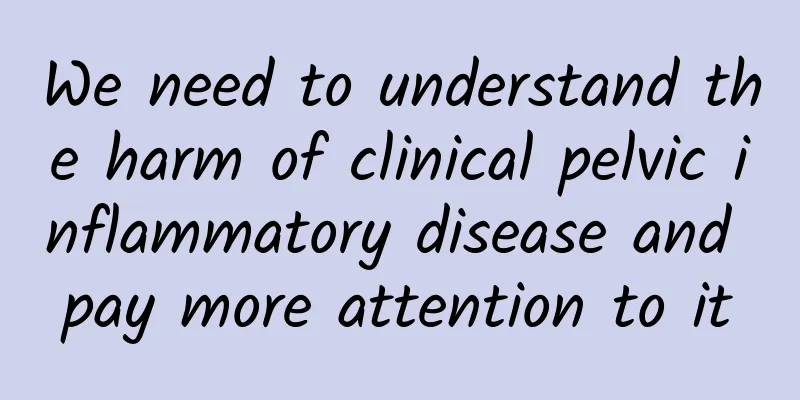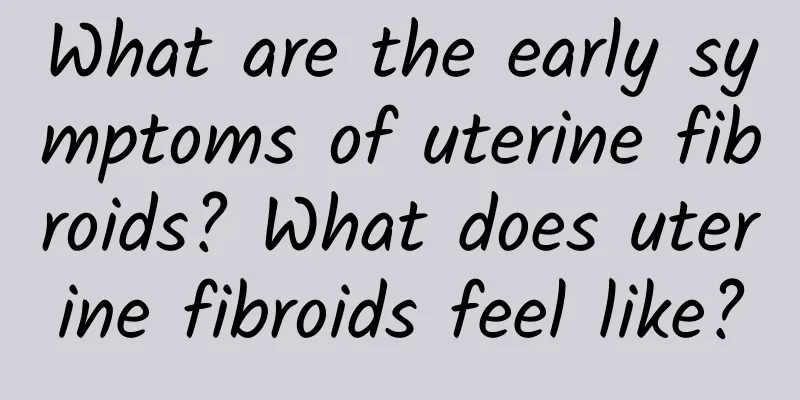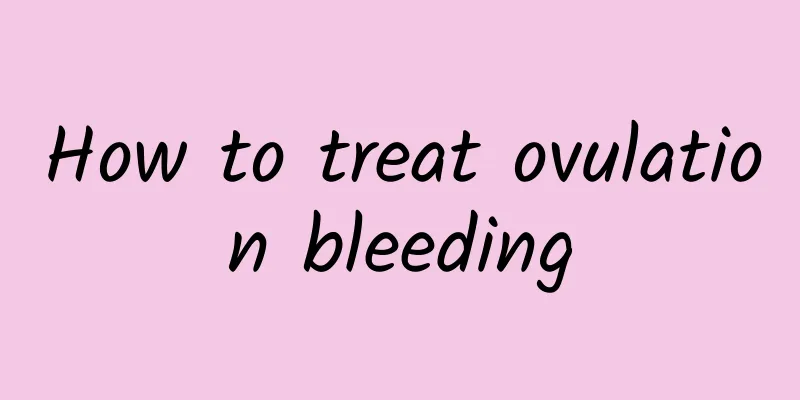The biggest enemy of uterine fibroids

|
There is no clear cure for uterine fibroids, but lifestyle changes may help. While the exact cause of uterine fibroids is still not fully understood, many women face this problem between the ages of 30 and 40. In outpatient clinics, almost one in three women are diagnosed with uterine fibroids. While there is no clear cure, there are some lifestyle and dietary changes that may help in their management. 1. Dietary adjustment: Studies have shown that consuming high-fiber foods and foods rich in vitamin D may be helpful in preventing and managing uterine fibroids. High-fiber foods such as whole grains, vegetables, and fruits can help regulate hormone levels in the body. Vitamin D not only contributes to bone health, but also helps regulate cell growth. 2. Avoid hormone interference: Certain hormones may promote the growth of uterine fibroids, especially estrogen. For women with uterine fibroids, it is recommended to avoid excessive intake of foods and drugs containing estrogen, such as oral contraceptives. Although contraceptives are not absolutely contraindicated, they should be used with caution under the guidance of a doctor. 3. Regular physical examinations: Regular gynecological examinations can help detect and monitor the development of uterine fibroids early, so that appropriate measures can be taken when necessary to avoid worsening symptoms. 4. Maintain a healthy weight: Obesity is associated with an increased risk of uterine fibroids. Maintaining a healthy weight through a proper diet and regular exercise can reduce the risk of uterine fibroids to a certain extent. 5. Manage stress: Long-term stress may affect the balance of hormones in the body, thereby affecting the growth of uterine fibroids. Try to manage stress through yoga, meditation or other relaxation techniques to help improve overall health. 6. Chinese herbs and supplements: Some studies have shown that certain Chinese herbs and supplements may be helpful for uterine fibroids. However, be sure to consult a professional when using these methods to ensure safety and effectiveness. While there is no clear way to completely prevent or cure uterine fibroids, the above adjustments and suggestions can be used to effectively manage and relieve symptoms. Each person's situation is different, so before taking any action, it is best to discuss it in detail with a medical professional. This will not only allow you to better understand your health status, but also allow you to develop a health management plan that is best for you. |
<<: Is diarrhea in early pregnancy a threat of miscarriage?
>>: Drugs to inhibit uterine fibroids
Recommend
Vaginitis Vaginal skin turns white
Whitening of the vaginal skin may be caused by va...
What's wrong with menstruation after one year of menopause?
What's wrong with having menstruation again a...
Tips: Four tricks to teach you how to easily fight dysmenorrhea
It is understood that 89% of women in the world h...
What is the normal thickness of the endometrium at the age of 41?
The normal endometrial thickness at the age of 41...
What can I eat to improve congenital absence of vagina?
How to use dietary therapy for congenital absence...
How to check cervicitis to know whether it is serious
The severity of cervicitis can be determined thro...
How to treat mild cervical erosion? 6 ways to prevent cervical erosion
Mild cervical erosion is a type of cervical erosi...
What is the reason for brown color after medical abortion? This is a symptom that must not be ignored
If there is brown discharge half a month after th...
How can women prevent pelvic effusion in their daily life?
How can women prevent pelvic effusion? In our cli...
Losing weight can be delicious! Homemade 2-enzyme juice
Slimming Juice Mango Orange Juice A glass of enzy...
How to treat vulvar leukoplakia with traditional Chinese medicine
How does TCM treat vulvar leukoplakia? Don't ...
What happens if there is bleeding after cervical erosion and polyp surgery?
What happens if there is bleeding after cervical ...
Can you lose weight while sleeping? 9 smart ways to lose weight
1. Slim Science Genes can be defied: A study by t...
How to treat anemia in patients with functional uterine bleeding?
Yuanyuan was about to get married, but she sudden...
What to do with chronic pelvic inflammatory disease and low back pain
What to do if you have chronic pelvic inflammator...









